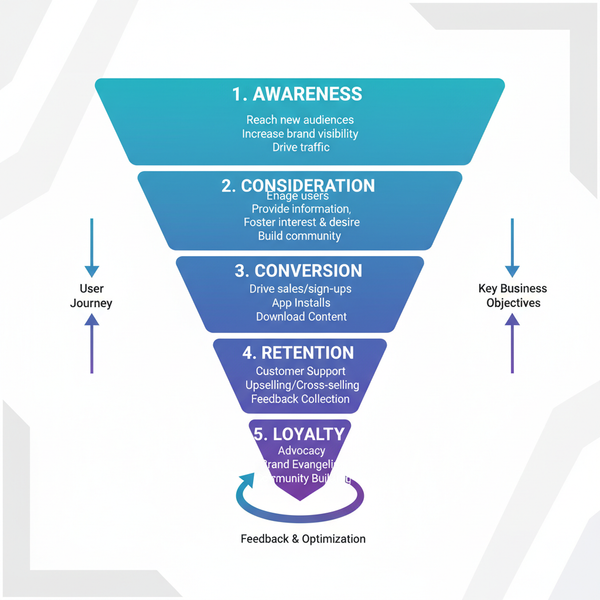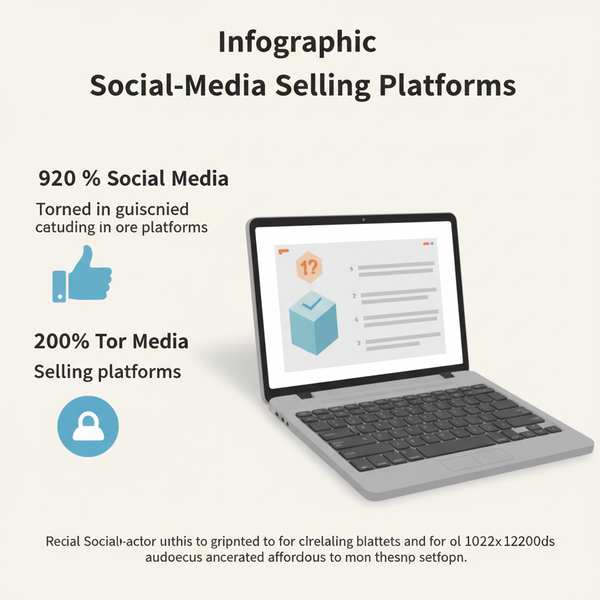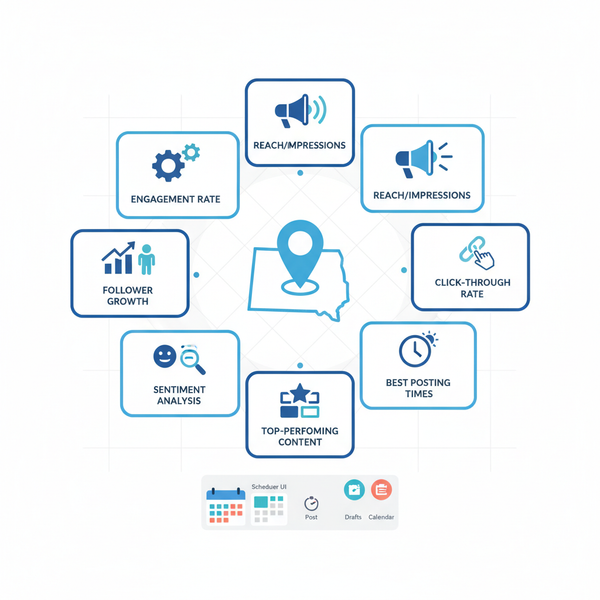10 Engaging Social Media Essay Hooks to Inspire Writing
Discover 10 creative social media essay hooks that capture attention instantly, from startling stats to vivid anecdotes, boosting reader engagement.
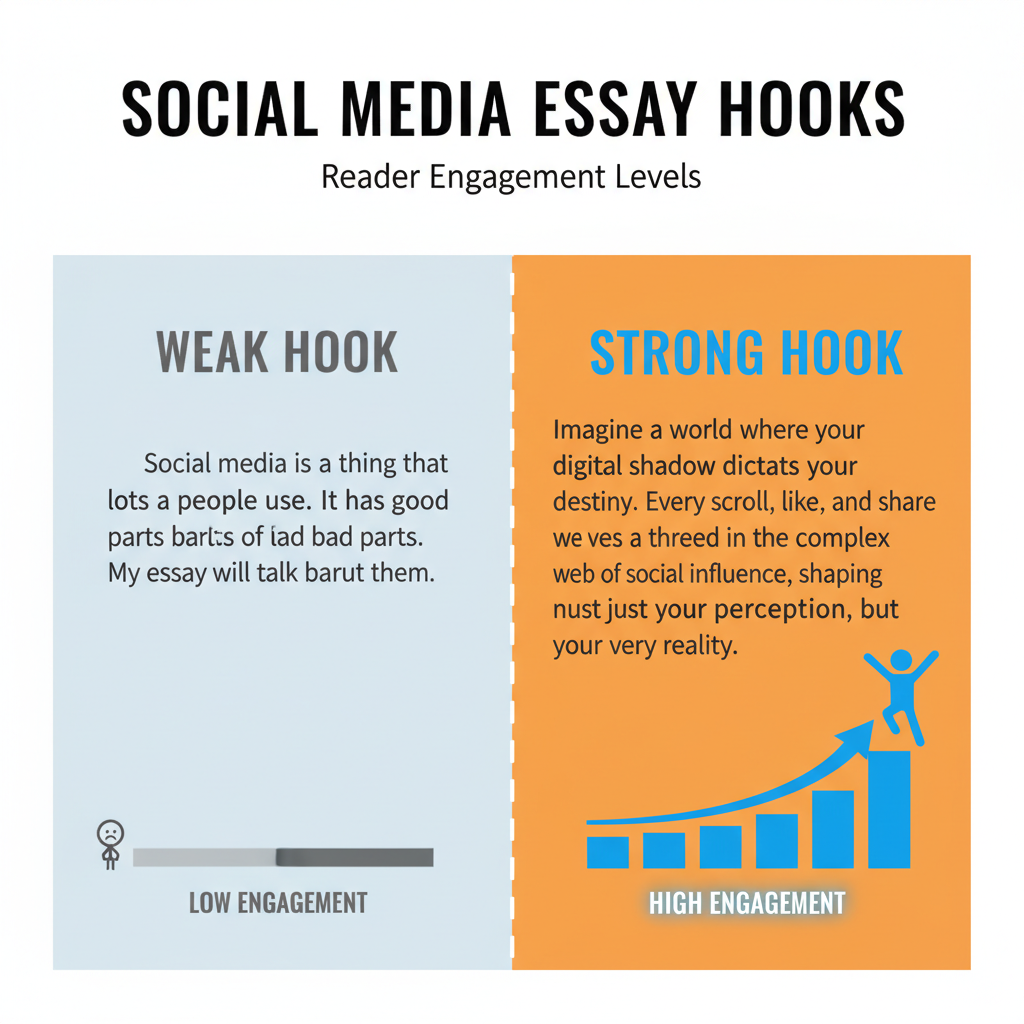
Introduction to Social Media Essay Hooks
Crafting a powerful social media essay hook is a skill that blends creativity, timing, and audience awareness. In today’s digital age, your essay is competing with endless posts, tweets, and articles, so your first line must immediately grab attention and compel readers to continue. This guide explores proven hook techniques for social media-themed essays, helping you stand out in a crowded online conversation.
---
Understanding Essay Hooks and Their Importance
An essay hook is the opening line or paragraph designed to grab the reader’s attention immediately. It acts as an entry point into your topic, setting the tone for the entire piece. The right hook can make your essay rise above hundreds of others, especially in academic or content-heavy contexts.
Hooks are crucial because:
- They spark curiosity.
- They encourage the reader to keep reading.
- They frame your topic compellingly.
In the context of social media essay hooks, crafting an engaging opening is even more important—this subject is widely discussed, and your essay must differentiate itself from countless similar pieces.

---
Challenges of Hooking Readers in Social Media-Themed Essays
Writing about social media means dealing with a topic everyone is familiar with, but opinions vary widely. The challenges include:
- Information overload: Your audience has seen countless statistics, debates, and anecdotes.
- Diverse perspectives: Readers range from digital natives to skeptics and activists.
- Rapid change: Trends can shift before you finish writing, making your hook feel outdated.
An effective hook must be:
- Relevant to current discussions.
- Evocative enough to resonate across different viewpoints.
- Timely, without relying on hype unless strategically intended.
---
1. Startling Statistics About Social Media Usage
One of the strongest social media essay hooks is a surprising statistic. Numbers deliver an immediate impact and credibility.
Example:
> “The average person spends 2 hours and 31 minutes daily on social networking platforms—enough time to read an entire novel every week.”
This prompt makes readers pause and reconsider their own habits.
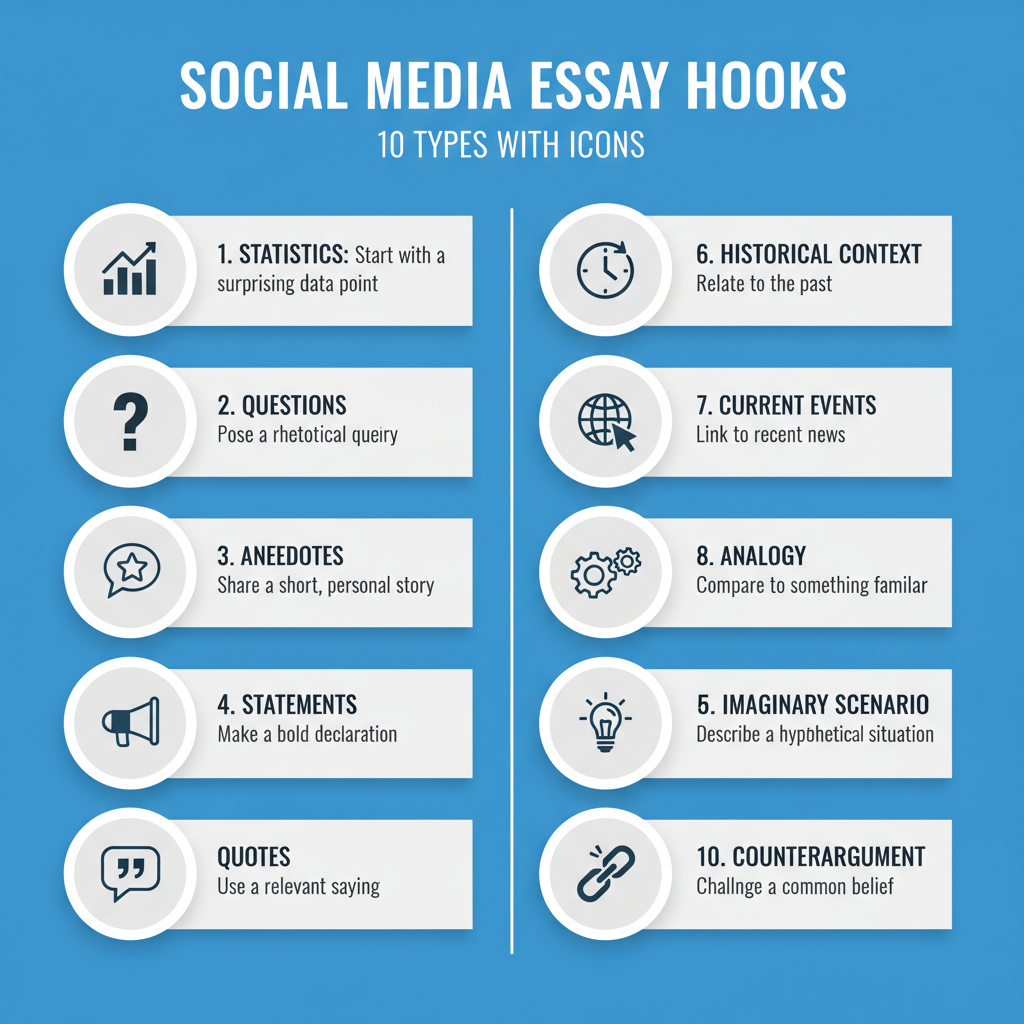
Where to find reliable stats:
- Pew Research Center
- Statista
- Digital 2024 global reports
---
2. Thought-Provoking Question on Online Identity
Ask a direct, engaging question that forces reflection.
Example:
> “If your Instagram profile vanished tomorrow, who would you be in the eyes of the world?”
This works because it:
- Encourages self-examination.
- Touches on identity and self-worth.
- Sets the stage for deeper discussion.
---
3. Short Anecdote Illustrating Social Media’s Influence
Stories humanize your essay and captivate readers emotionally.
Example:
> “At 8:03 pm, Lila posted a single photo of her rescue dog. By morning, it had been shared over 12,000 times, and the shelter’s phone wouldn’t stop ringing.”
Keep anecdotes brief but vivid, directly tying them to your thesis.
---
4. Bold Statement About Privacy Risks
Make an assertive claim that challenges comfort zones.
Example:
> “Every ‘like’ you click is a breadcrumb leading to a detailed map of your private life.”
Bold statements:
- Evoke emotions like shock or concern.
- Set a critical tone for analytical essays.
---
5. Quote from a Social Media Pioneer or Critic
Using a recognized voice builds instant authority.
Example:
> “We don’t have a technology problem—we have a human problem.” — Jaron Lanier
Choosing the right quote:
- Ensure it aligns with your essay’s angle.
- Use credible sources to avoid misinformation.
---
6. Hypothetical Scenario Involving Viral Fame
Invite readers to imagine themselves in unusual situations.
Example:
> “Imagine waking up to find your face shared on 5 million screens, with strangers debating your life choices.”
Hypotheticals:
- Trigger curiosity and empathy.
- Establish emotional connection and raise moral questions.
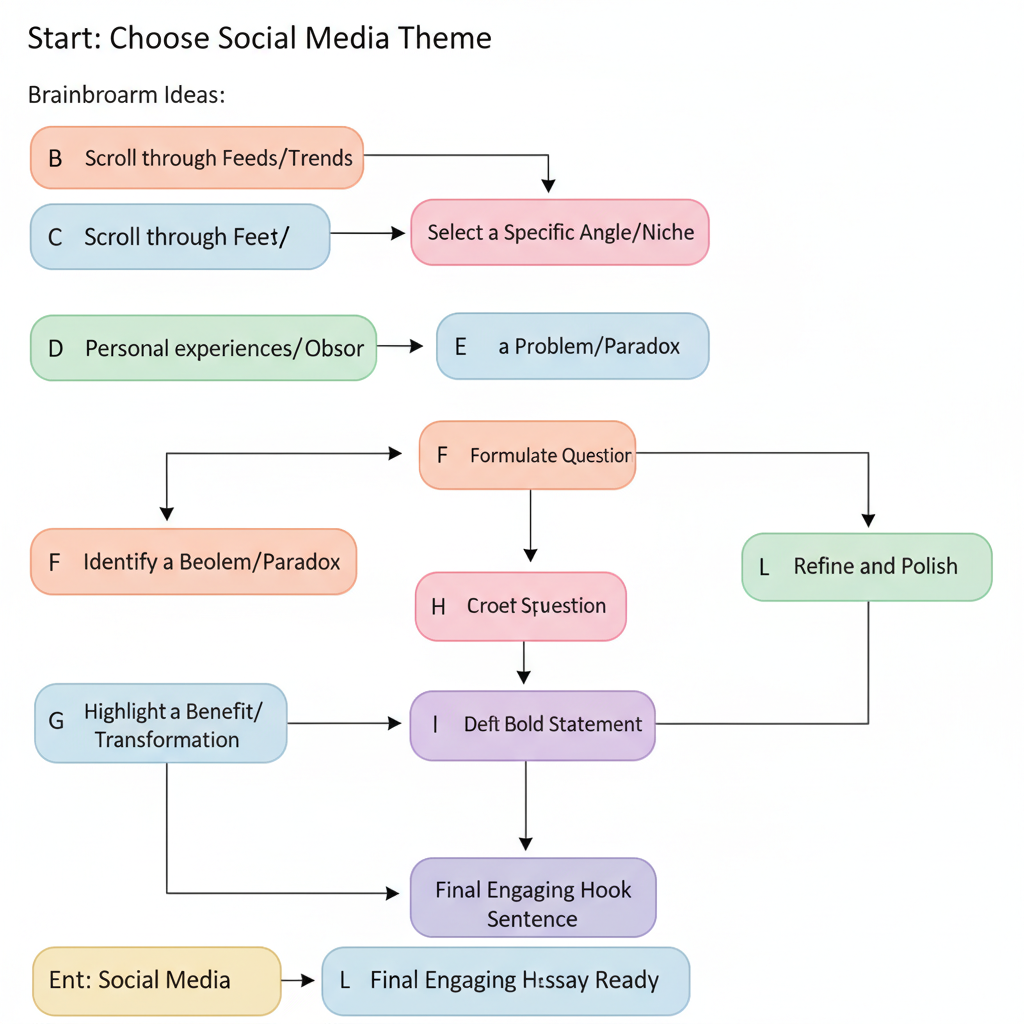
---
7. Definition or Redefinition of a Common Social Media Term
Define terms creatively, especially those often misunderstood.
Example:
> “‘Follower’: once someone who believed in your cause—now, a metric that might determine your self-worth.”
Why it works:
- Offers fresh perspective on familiar concepts.
- Lays groundwork for thematic exploration.
---
8. Metaphor Comparing Social Media to Real-World Phenomena
Metaphors simplify complex ideas by linking them to tangible experiences.
Example:
> “Social media is the global village square—where everyone talks but fewer people listen.”
Effective metaphors:
- Enhance imagery in the reader’s mind.
- Can be humorous, poetic, or dramatic depending on tone.
---
9. Brief Case Study of a Trending Event
Condense a real incident to illustrate your point.
Example:
> “During the 2020 lockdown, a TikTok dance challenge united millions across continents without a single word exchanged.”
Case studies:
- Validate arguments.
- Provide relatable context.
---
10. Contrast Between Pre-Social Media and Current Communication Habits
Highlight changes over time for perspective.
Example:
> “Twenty years ago, we shared holiday photos by mailing prints—now, we livestream the party in real time.”
Contrasts:
- Show technological impact.
- Help readers appreciate evolution or consequences.
---
Tips for Choosing the Right Hook
Selecting the ideal hook depends on your audience and purpose.
| Hook Type | Best For | When to Use |
|---|---|---|
| Statistic | Academic essays, data-driven content | When credibility is paramount |
| Question | Opinion pieces, reflective essays | When engaging personal thoughts |
| Anecdote | Human-interest writing | When aiming for emotional impact |
| Bold Statement | Persuasive essays | When trying to provoke or challenge |
| Quote | Analytical or thematic essays | When leveraging authority |
| Hypothetical | Creative writing | When encouraging imagination |
| Definition | Exploratory essays | When clarifying concepts |
| Metaphor | Literary essays | When enhancing linguistic style |
| Case Study | Evidence-based writing | When providing concrete examples |
| Contrast | Historical or comparative analysis | When showing evolution over time |
---
Common Mistakes to Avoid
When crafting social media essay hooks:
- Clichés — Generic lines like “Social media is everywhere” don’t stand out.
- Overloading with details — Leave some curiosity so readers continue.
- Irrelevance — Ensure your hook connects directly to your thesis.
- Excessive sensationalism — Avoid misinformation for shock effect.
- Outdated trends — Verify your references are still topical.
---
Conclusion: Crafting Creative, Relevant, and Authentic Opening Lines
A compelling social media essay hook is more than a flashy start—it’s your essay’s first handshake. Whether you choose a statistic, metaphor, or personal story, ensure your hook:
- Aligns with your essay’s purpose.
- Resonates with your intended readers.
- Provides a seamless lead-in to the body content.
By experimenting with different techniques and refining your delivery, you can turn ordinary essays into insightful and memorable pieces. Let your opening sentence be the one that readers remember—because it compelled them to explore your entire argument.
---
Summary: Mastering the art of the social media essay hook helps you win attention in a saturated information landscape. With strategies ranging from startling statistics and thought-provoking questions to vivid anecdotes and bold statements, you can connect instantly with your audience. Ready to make your next essay unforgettable? Start by crafting a hook that demands to be read.

